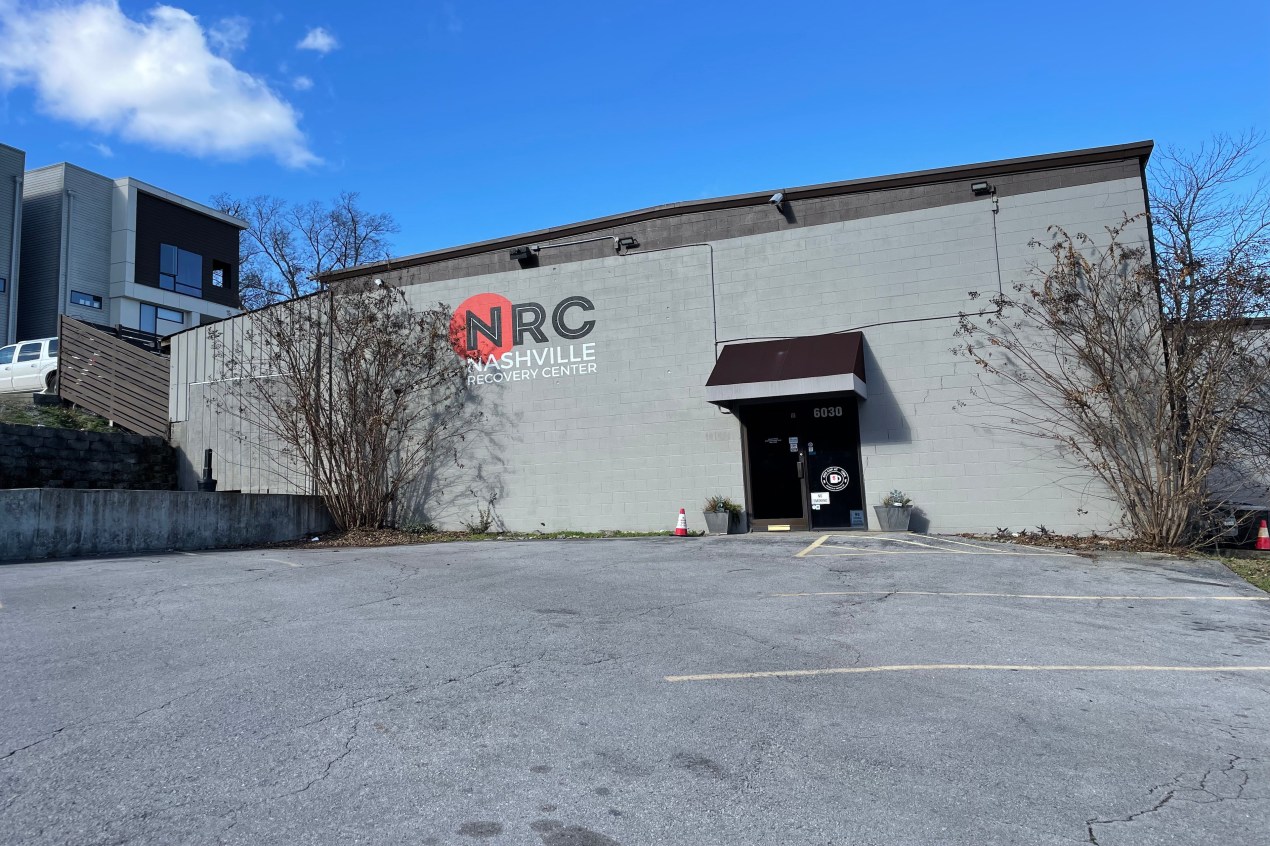Browsing the Trip of Detoxing in the Comprehensive Addiction Therapy Program
The process of detoxing holds a significant role in breaking the physical reliance on substances and preparing the individual for the subsequent stages of treatment. As individuals grapple with the obstacles of withdrawal signs and symptoms and the uncertainties that lie ahead, having a durable support and an organized plan system in place ends up being critical.
Relevance of Detoxification in Recuperation

Detoxification sets the structure for the remainder of the dependency treatment program by preparing the person for further treatment and therapy. By cleaning the body important that have been clouding judgment and affecting habits, detox makes it possible for clients to approach their healing with a more clear mind and more powerful emphasis.
In addition, detoxification helps in managing the potentially serious withdrawal symptoms that might arise when drug or alcohol usage is quit. Physician very closely keep an eye on individuals during detoxification to ensure their safety and provide required assistance. Through this process, individuals can begin their trip towards sobriety with a stabilized mental and physical state, boosting the possibility of a successful healing.
Recognizing the Detoxification Process
Detoxification, a fundamental part of dependency therapy programs, entails an organized procedure aimed at securely getting rid of dangerous materials from the body to assist in an effective recuperation journey. The detox process usually begins with an evaluation to assess the individual's substance usage background, physical health, and mental well-being. This analysis assists health care experts figure out the most suitable detoxification strategy customized to the person's demands.
During detoxification, the body experiences withdrawal as it gets used to the lack of the material. Withdrawal signs vary depending on the sort of material utilized, the duration of usage, and private variables. Clinical supervision throughout detox is vital to take care of withdrawal symptoms and guarantee the individual's safety and convenience.

Managing Withdrawal Symptoms

Drugs might be utilized to ease details withdrawal symptoms and lower discomfort. Medicines like methadone or buprenorphine can aid manage opioid withdrawal symptoms, while benzodiazepines may be utilized for alcohol withdrawal. It is necessary for health care service providers to meticulously check the person's action to these drugs to ensure their security and effectiveness.
Along with pharmacological treatments, supportive treatments such as counseling, peer support groups, and alternative techniques like mindfulness reflection or yoga can aid people deal with the emotional and psychological difficulties of withdrawal. By dealing with withdrawal signs and symptoms thoroughly, doctor can boost the detoxification experience and support individuals on their journey to recuperation.

Assistance Solutions Throughout Detoxification
Support group play an essential function in providing emotional and social help to individuals undergoing cleansing in dependency treatment programs. During the detox process, individuals usually experience a variety of psychological and physical withdrawal symptoms, making this phase challenging - Addiction Treatment Center. Having a strong support group in position can substantially influence the person's capability to browse with detoxification successfully
Member of why not try here the family, friends, assistance teams, and healthcare professionals are important elements of the support great post to read group. Family pals and participants can use inspiration, understanding, and a feeling of belonging throughout this tough time. Support system provide a system for individuals to connect with others that are experiencing similar experiences, using a sense of neighborhood and shared understanding. Healthcare professionals, including specialists, counselors, and physicians, play a vital role in keeping an eye on the individual's progression, offering medical assistance, and offering advice throughout the detox procedure.
Looking Ahead: Life After Detoxification
Having successfully finished the cleansing stage, individuals in addiction therapy programs currently concentrate on getting ready for the difficulties and possibilities that exist in advance in their journey in the direction of healing. Life after detox marks an essential transition period where individuals have to continue to improve the progress made throughout detox to maintain their soberness. It is essential for people to acknowledge that the journey towards recuperation is continuous and needs commitment, dedication, and a willingness to embrace modification.
One key facet of life after detoxification is the development of dealing mechanisms to handle triggers and desires that might arise. This might involve finding out new official source skills, such as mindfulness practices, cognitive-behavioral strategies, and stress administration approaches, to navigate tough scenarios without resorting to substance use. Furthermore, individuals are motivated to actively involve in continuous therapy, support groups, and aftercare programs to enhance their assistance network and receive guidance as they browse the complexities of life post-detox.
Conclusion
Understanding the detox procedure and handling withdrawal signs and symptoms are essential steps in the direction of recovery. It is important to acknowledge the importance of detox in the procedure of getting rid of addiction and relocating towards a life of sobriety.
Clinical supervision during detox is crucial to take care of withdrawal symptoms and ensure the individual's security and comfort.
By recognizing the detox procedure and its relevance in damaging the cycle of addiction, people can begin on a course towards lasting healing.
Throughout the detox procedure, people commonly experience an array of mental and physical withdrawal symptoms, making this phase challenging. Health care professionals, including physicians, counselors, and therapists, play a vital function in monitoring the person's development, providing clinical support, and supplying advice throughout the detoxification process.
Life after detoxification notes a vital shift duration where people must continue to construct on the development made throughout detoxification to keep their soberness.